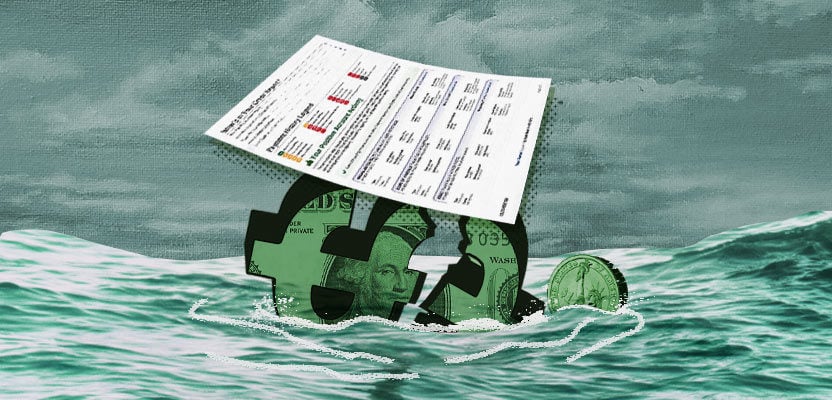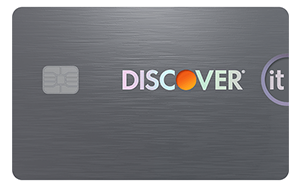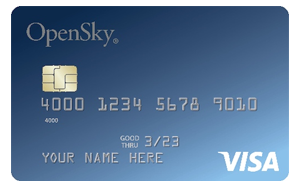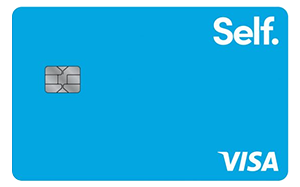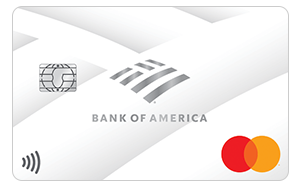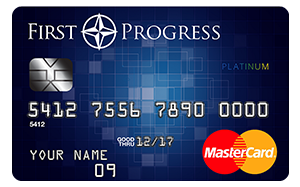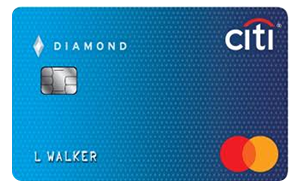Table of Contents
How long does a bankruptcy stay on your credit report?
How long a bankruptcy will stay on your credit report depends on the type you filed for, but it’ll typically take either 7 or 10 years to fall off your report. 1 To find out the exact amount of time it’ll take, you’ll need to first check what kind of bankruptcy you have. The most common types are chapter 7 bankruptcy and chapter 13 bankruptcy.
Chapter 7 vs. chapter 13 bankruptcy: what’s the difference?
The main difference between chapter 7 and chapter 13 bankruptcy is whether or not you continue paying off your debts. You still make payments with chapter 13 bankruptcy, but you don’t make any payments with chapter 7 bankruptcy.
- Chapter 7: This completely eliminates your eligible debts, although before they’re discharged, you may have to sell some of your assets to pay off as much as you can. 2 Chapter 7 bankruptcy stays on your credit report for 10 years.
- Chapter 13: By contrast, chapter 13 bankruptcy doesn’t eliminate all of your debts and doesn’t entail selling off your assets. Instead, it involves creating a repayment plan so that you can pay off some or all of what you owe over the course of several years. 3 Chapter 13 bankruptcy stays on your credit report for 7 years.
In both cases, the filing date determines when the bankruptcy will come off your credit report. Note that the filing date is not the same as the discharge date, which is the date on which you’re officially no longer liable for your debts.
Why does chapter 7 bankruptcy stay on your credit report for longer?
Chapter 7 bankruptcy is arguably a more drastic step than chapter 13 bankruptcy because it completely eliminates your debts. It means that you’ll probably never fully repay many of your creditors. For this reason, it’s recorded on your credit report for a longer period.
Note that even if you file for chapter 7 bankruptcy, the negative marks associated with the debts that you couldn’t repay, such as late payments, will generally come off your credit report within just 7 years. Only the bankruptcy itself will remain for the full 10. 4
These derogatory marks, including repossessions, collections, judgments, and charge-offs, will likely be labeled as “included in bankruptcy” on your credit report. 5 6 7
How to remove a bankruptcy from your credit report
As frustrating as it is, there’s nothing you can do to get a bankruptcy off your credit report early unless it’s a credit reporting error. The normal methods of removing negative items from your credit report (such as sending a goodwill letter or negotiating pay for delete) aren’t applicable to bankruptcies.
All negative items on your credit report will eventually be removed automatically, but in the case of bankruptcies, you can’t speed up the process.8
The rare exception is if the bankruptcy is an error. If there’s a bankruptcy on your credit report that you never actually filed, you can file a credit dispute with the credit bureaus that are reporting it. If the bureau confirms that the bankruptcy is a mistake, they will remove it from your reports.
To file your dispute, create a letter using the free downloadable template below.
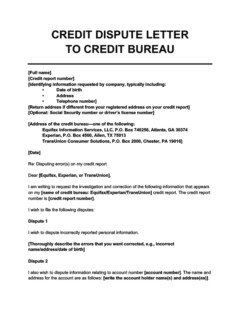
Credit Dispute Letter to a Credit Bureau
Use this credit dispute letter template to file a dispute directly with one of the credit bureaus. If you have a bankruptcy on your credit report that you never actually filed, dispute it immediately so that it stops dragging down your credit score.
How does bankruptcy affect your credit?
Filing for bankruptcy will hurt your credit score, but the extent of the damage depends on what your credit history was like leading up to the bankruptcy. Your credit score will take a bigger hit if your credit was better to begin with. 4
Even if your score doesn’t drop by much, having a bankruptcy on your report can make it hard to open new lines of credit or take out loans. You might end up paying higher interest rates or get approved for credit cards with lower credit limits.
Many lenders and creditors will deny you credit outright because they think that there’s a high risk that you won’t be able to repay your debt.
How to improve your credit after a bankruptcy
Even though a bankruptcy will stay on your credit report for 7 to 10 years, the effect it has on your credit score will diminish over time.
The best thing you can do to speed the process along is to make sure that you consistently make on-time payments on all of your bills from now on. Your payment history is the biggest factor influencing your credit score, accounting for 35% of your FICO score, so it’s crucial not to damage it while your score is recovering.
Here are some other steps you can take to improve your credit over time:
- Try to keep your credit utilization rate as low as possible. Your credit utilization is the amount of your available credit that you’re using, and a lower rate benefits your score, so if you pay down your credit cards as much as possible, your score will go up.
- Apply for a secured credit card or credit builder loan. These are special credit accounts that are designed to help you build or rebuild your credit.
- Consider asking a family member with good credit to either cosign a loan for you or add you as an authorized user on one of their credit card accounts. As long as they continue to manage their credit responsibly, being an authorized user benefits your credit score.
What are your credit options if you have a bankruptcy on your credit report?
Unfortunately, if you have a bankruptcy in your credit history and you want to apply for a new credit account, your options will be sharply limited. Many creditors will be reluctant to lend to you.
Of course, this depends on how recent the bankruptcy was. A bankruptcy that’s approaching its 7 or 10-year credit reporting limit won’t be as much of a red flag as one that you filed for in the past couple years.
Loans you can qualify for with a bankruptcy
If you have a bankruptcy, you may still be able to qualify for the following loans:
- Credit-builder loans: As mentioned, there’s a good chance you’ll be able to take out one of these niche loans. Credit-builder loans aren’t useful for making purchases—unlike other loans, you won’t actually receive any money until you’ve paid off the loan—but they’re a great option for re-establishing your credit. Credit unions often offer these loans, so start by searching the web to see if there are any credit unions that are active in your area.
- Government-backed mortgages: If your credit score is above 500 and you didn’t file for chapter 7 bankruptcy in the past 2 years, you can get an FHA loan (a mortgage that’s insured by the Federal Housing Administration). If your score is substantially higher than 500, you may have other options, too. See where your score falls on the credit scoring companies’ credit score range to get a better idea of your options.
- Other loans for bad-credit borrowers: You may be able to get a bad-credit car loan or bad-credit personal loan despite having a bankruptcy in your history. However, you’ll probably have to pay a high interest rate, so think carefully about whether it’s worth it. You’ll be able to get much more favorable terms if you can defer taking out the loan until your bankruptcy ages off your credit report.
Credit cards you can qualify for with a bankruptcy
When it comes to your credit card options, your best bet is a secured credit card. When you take out a secured card, you’ll have to put down a security deposit, which your lender will keep as collateral. If you default on your debt, they’ll keep your deposit.
This obviously presents some financial risk to you, but it eliminates the risk for your lender, which means that they’ll be much more willing to offer you a credit card, even if you have a bankruptcy on your credit report.
In most cases, your security deposit will be refundable. If you close the credit card, or if you use it responsibly for a few months to a year and your credit card issuer lets you upgrade it to a normal (“unsecured”) card, you’ll get your money back.
We’ve listed a few of the best secured credit cards below:
| Credit Card | Best For | Credit Score | Annual Fee | Welcome Bonus | |
|---|---|---|---|---|---|
| Secured Overall | 300–669 | $0 | Cashback Match | ||
| No Credit Check | 300–669 | $35 | |||
| Beginners | 300–669 | $25 | |||
| No Annual Fee | 300–669 | $0 | |||
| Bad Credit | 300–669 | $49 | |||
| Rebuilding Credit | 300–669 | $0 | |||
Again, whatever credit account you apply for, just make sure to use it responsibly so that you don’t sabotage your progress as your score recovers from your bankruptcy.
Takeaway: Bankruptcies stay on your credit report for 7 to 10 years
- There are two common types of bankruptcy. Chapter 7 bankruptcy eliminates your debts, and chapter 13 bankruptcy enters you into a partial repayment plan.
- Chapter 7 bankruptcy stays on your credit report for 10 years, whereas chapter 13 bankruptcy only stays on your credit report for 7 years.
- There is no way to get a bankruptcy removed from your credit report early, unless it’s an error.
- Bankruptcy seriously damages your credit score and makes it more difficult to qualify for new credit. However, the effect it has on your credit score will diminish over time.
